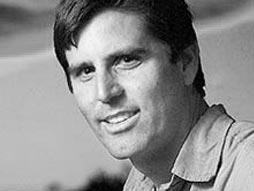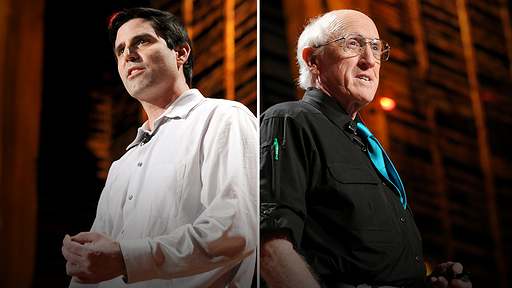At Stanford, Mark Z. Jacobson uses numerical models to study the effects of energy systems and vehicles on climate and air pollution, and to analyze renewable energy resources.
Why you should listen
Mark Z. Jacobson's research looks at the causes and effects of vastly complex processes -- the physics and chemistry of our atmosphere. He and his team at Stanford have pioneered new atmospheric research and analysis techniques that give a picture of the current state of our atmosphere, show what pollution from aerosols, ethanol, agriculture, and ultraviolet radiation are doing to it, and predict how these might affect the climate.
Jacobson developed the first interactive model showing the combined effects of gas, aerosols and radiative air-pollution on weather systems. He also discovered that black carbon -- the main component of soot particles -- may be the second-leading cause of global warming after carbon dioxide.
Jacobson's group developed the world's first wind map based on data at the height of modern wind turbines -- serving as the scientific justification for major wind farm proposals in recent years.
What others say
“A large-scale wind, water and solar energy system can reliably supply the world’s needs, significantly benefiting climate, air quality, water quality, ecology and energy security ... [T]he obstacles are primarily political, not technical.” — Mark Z. Jacobson and Mark A. Delucchi, in Scientific American

